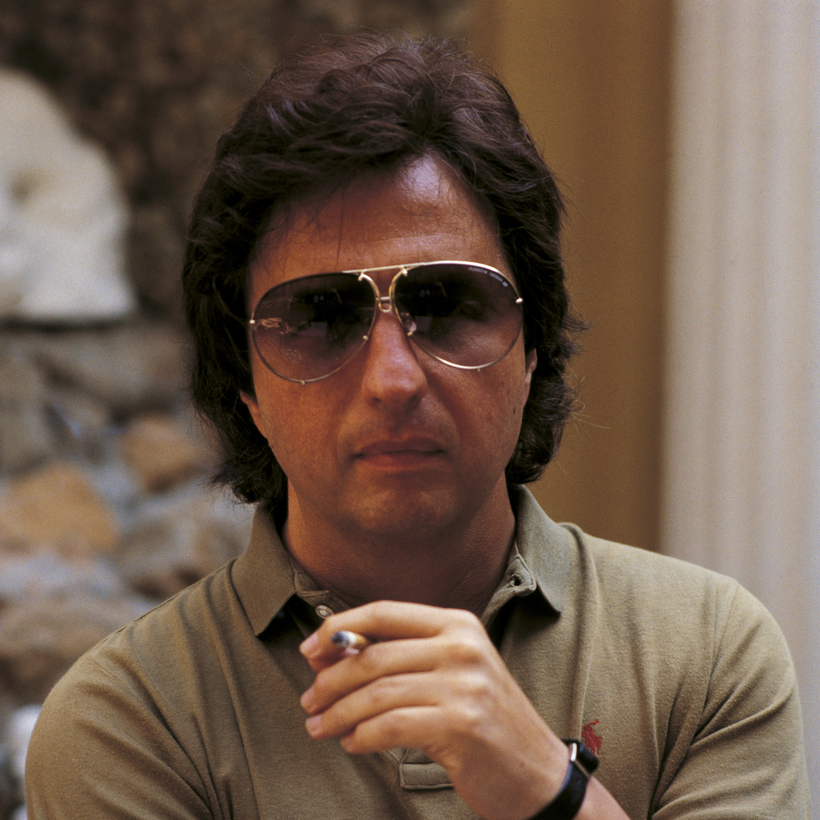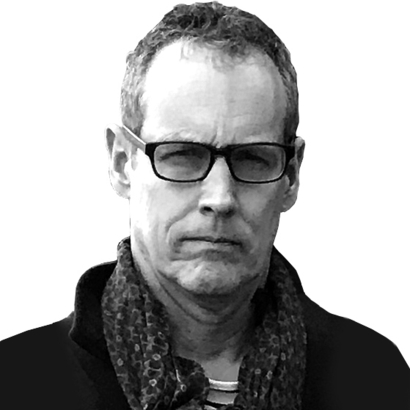Cimino: The Deer Hunter, Heaven’s Gate, and the Price of a Vision by Charles Elton
How do you solve a problem like Michael Cimino? You don’t, you can’t, is the de facto answer offered by a new biography, Cimino: The Deer Hunter, Heaven’s Gate, and the Price of a Vision.
The author, Charles Elton, has ably sifted through the lies, evasions, busted budgets, broken friendships, damaged careers, and lurid press clips that the filmmaker left in his wake across his quarter century in Hollywood. The result is riveting, and yet the protagonist remains frustratingly opaque, not unlike his two biggest pictures: The Deer Hunter and Heaven’s Gate, the first an Oscar-winning triumph (but not without controversy), the other a legendary studio-crippling disaster (though more warmly re-assessed in recent years).


